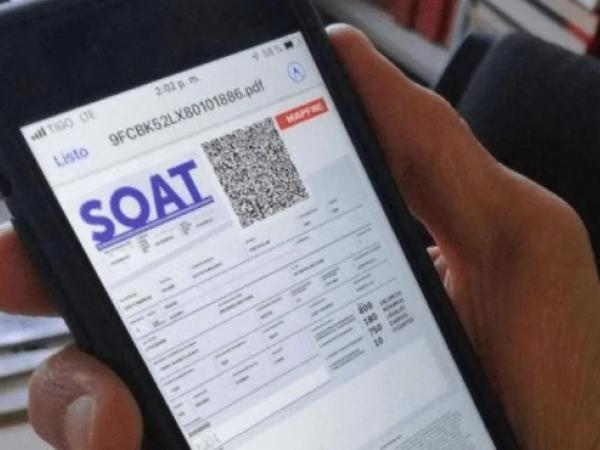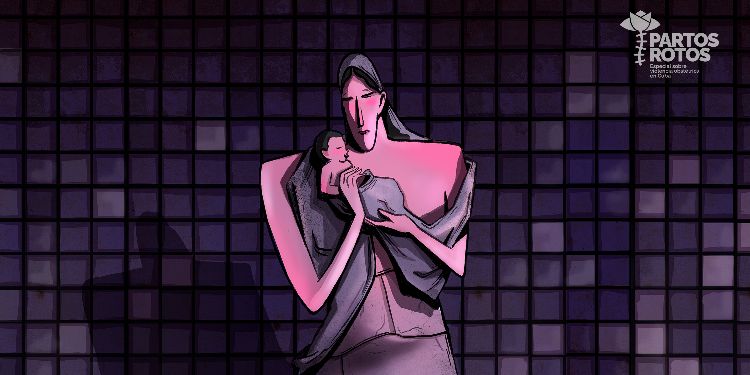With the definition of 14 car categories ranging from mopeds to utility vehicles, intermunicipal public service included in article 1 of Decree 2497, the Ministries of Health and Social Protection, and of Finance and Public Creditestablished the differential range for risk of the Mandatory Traffic Accident Insurance -SOAT equivalent to approximately 50% of the final price in force as of December 14, 2022.
(Ready your pocket: this is the complete list of Soat fees).
The administrative act, through which it seeks to reduce evasion in the acquisition of SOAT, indicates that, in the case of the differential range for risk, Health services that exceed 300 legal daily minimum wages in force and up to 800 legal daily minimum wages in force, will be recognized by the Resource Administrator of the General System of Social Security in Health – ADRES- in the terms indicated by literal b) of numeral 4 of article 199 of the Organic Statute of the Financial System, modified by numeral 7 of article 244 of Law 100 of 1993.
The coverage of health services referred to in the Decree will only be applicable to the Compulsory Traffic Accident Insurance -SOAT policies corresponding to the categories of vehicles that are part of the differential range for risk issued in the measure.
The provision indicates that the coverage and amounts indicated in the Organic Statute of the Financial System are not modified.
(It’s official: the rise in Soat rates for 2023 will be 11.7%).
Likewise, that the Financial Superintendence of Colombia will calculate the maximum legal SOAT rate observing the principles of equity, sufficiency and moderation addressed in the Organic Statute of the Financial System.
On the other hand, the impact generated by the measures of the Decree will be financed with the transfer that is appropriated from the General Budget of the Nation for the closure of the General System of Social Security in Health -SGSSS- administered by ADRES according to budgetary availability. .
In relation to coverage, the measure states that the amounts corresponding to health services provided to victims of traffic accidents, catastrophic events of natural origin, terrorist incidents or other approved events, will be covered by the SOAT insurance company or by the administrator of the resources of the General System of Social Security in Health -ADRES- in the following events:
1. By the insurer, when the services are provided as a result of a traffic accident in which the vehicle involved is covered by the SOAT policy in a maximum value of 800 legal daily minimum wages in force at the time of the accident. traffic.
2. In the same way, it will be the insurer, for the services provided as a consequence of a traffic accident in which the vehicle involved is covered by the SOAT policy in the categories specified by the norm.
3. In cases of traffic accidents in which two or more insured vehicles have participated, each insurance company will cover the amount of compensation to the occupants of the one that is insured. In the case of non-occupant third parties, the claim may be made to any of the insurers.
Four. When two or more motor vehicles have participated in traffic accidents and among them there are insured and uninsured or unidentified, the procedure will be as provided for in the case of insured vehicles, but the recognition and payment of health services, compensation and expenses of the occupants of the uninsured or unidentified vehicle or vehicles and the payment to third parties will be the responsibility of ADRES.
(Sale of Soat for motorcycles grew 474% the first week of discount).
In addition to the above, the measure provides that ADRES will cover the services provided as a result of a traffic accident in which the vehicle involved is not identified or is not insured with SOAT, in a maximum value of 800 legal minimum wages. current newspapers.
Likewise, ADRES will be the entity that covers the expenses when the services provided exceed 300 legal daily minimum wages in force, as a consequence of a traffic accident in which the vehicle involved is covered by the SOAT policy and is part of the differential range for risk specified in the measure.
Additionally, the norm indicates that payments for health services that exceed the coverage limits established by the provision, will be assumed by the health promoting entity to which the victim is affiliated, by the administrators of the special and exception regimes when the victim belongs to these, or by the Occupational Risk Administrator -ARL- to which it is affiliated in the case of an accident at work.
In the same sense, the decree indicates that the population not affiliated to the General System of Social Security in Health, once the limits are exceeded, will have the right to health care in institutions that provide public or private health services.
It will correspond to the provider of the services to inform the secretary of health or the entity that takes its place so that the affiliation procedures of the case can be carried out.
In the same way, the norm details that the owners of the vehicles that register a good road behavior for not reporting accidents that affect the SOAT policy and that have timely renewed their policy are entitled to a one-time discount of 10% on the value of the issued premium of the SOAT.
Finally, and in scope to the above, The Ministry of Health and Social Protection delivered Resolution 2709 through which it defines the percentage of the SOAT premium to cover the payment of compensation corresponding to medical, surgical, pharmaceutical and hospital expenses for injuries and the total costs associated with the recognition of compensation as a result of traffic accidents.
In this sense, the provision indicates that the companies authorized to issue the SOAT policy must allocate 52.5% of the resources to finance compensation for medical, surgical, pharmaceutical and hospital expenses for injuries and the total costs associated with the process of recognition and payment of compensation.
BRIEFCASE















